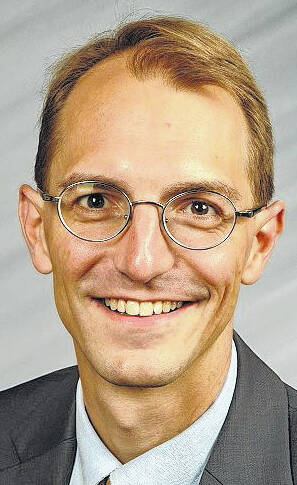
“The law must be obeyed or we will become barbarians.”
— Hercule Poirot, “Murder on the Orient Express”
“Evil is not something superhuman. It’s something less than human.”
— Agatha Christie
Agatha Christie, the most famous mystery writer of all time, was the creator of numerous memorable characters, and also authored the longest-running play in history, “The Mousetrap,” which has been running continuously in London since 1952, with the exception of a brief COVID-related pause in 2020 and 2021. Her Miss Marple character has been the subject of numerous television movies, and is outshined only by her Belgian detective, Hercule Poirot.
Poirot was the central character in 33 novels, two plays and 51 short stories (take that, Sherlock Holmes). Without a doubt, the best known of Poirot’s stories was the eighth full-length novel to feature him — “Murder on the Orient Express,” published in 1934. Four film versions have been made, a theatrical release in 1974 starring Albert Finney, a television version in 2001 with Alfred Molina as Poirot, another TV release in 2010 with the most famous Poirot portrayer, David Suchet, and a 2017 theatrical version with Kenneth Branagh.
Although the famous playwright Ben Hecht offered to write a stage version, Christie declined because she was considering doing it herself. More than four decades passed after her death before a stage version was released by Ken Ludwig six years ago. And that version will be on the stage at the Willis theater this weekend and next.
What is most remarkable about this story is not the crime, the mystery surrounding how it is solved, or even who the killer is, but rather the distinct aspect of vigilantism that Christie writes into the story, and the manner in which Poirot reacts to it.
Having written the story in Europe in the mid-1930s, Christie was not only very aware of what was happening in Germany at the time, she even references it in the novel, with a line adapted in the stage version as Poirot stating, “It is 1934. Europe is changing and there will be chaos! There will be nothing left of us and we will have to start again!” She saw the potential pitfalls and anarchy that could come from people taking the law into their own hands, and adapted it into her most famous story.
American audiences in the 1930s were no stranger to this kind of horror, having seen decades of heinous lynchings. The source of that word is not definitely known, but most linguistic researchers believe that the term draws its origins from a Revolutionary era jurist, whose methods and practices transformed his name into the very meaning of a most heinous act. That man was a Virginia Justice of the Peace and state representative named Charles Lynch.
Lynch was born in 1736 in what is now central Virginia. His brother would later found a settlement at their birthplace, which today is Lynchburg, Virginia, population 82,000. Following the untimely death of their father, they and their mother would become Quakers, although as an adult Charles was expelled from the order for taking an oath, something Quakers are forbidden to do. (Even in the present day, the Ohio Rules of Evidence require witnesses to take an ‘oath or affirmation’ that they will tell the truth in court, in order to avoid religious discrimination, and the United States Constitution specifically uses the phrase ‘oath or affirmation’ when detailing procedures for swearing in members of Congress and the President.)
A decade before the Revolution, Lynch took a post as a Justice of the Peace in Bedford County, Virginia. His early service in that role is unremarkable, and there is little written history of it. But once the Revolution broke out, Bedford County, and much of southwestern Virginia, had an ongoing problem with loyalist uprisings. Lynch decided that established judicial procedures were going to be too costly and too time-consuming to be carried out during wartime. Instead, he engaged local militia to round up those suspected of being loyalists and bring them before a summary court. As punishment, their property might be taken, they might be beaten or whipped, or they might be forced to enlist in the Revolutionary army.
Lynch himself called the practice “Lynch’s Law,” and in 1782, the Virginia General Assembly passed an act legalizing the practice throughout the state. Within decades, the phrase modified first to “lynch law” and then simply to “lynching,” the term still in use today. Others have laid claim to being the “Lynch” for whom the phrase is named, but their claims postdate the use of the phrase, and the Encyclopedia Brittanica, along with other reference works, give credit to Charles Lynch.
That the murder victim on the Orient Express had enemies who might want to take the law into their own hands and kill him is revealed almost the moment the stage play begins. But the identity of his killer, their exact motives, and what Poirot will do once he discovers the truth is not known until the final curtain closes.
“Murder on the Orient Express,” presented by the Arena Fair Theater Company, will be presented at the Willis Theater at 7 p.m. on Oct. 20, 21, 27 and 28, and at 2 p.m. on Oct. 22. More information can found online at www.arenafair.com.
David Hejmanowski is judge of the Probate/Juvenile Division of the Delaware County Court of Common Pleas, where he has served as magistrate, court administrator, and now judge, since 2003. He has written a weekly column on law and history for The Gazette since 2005.

